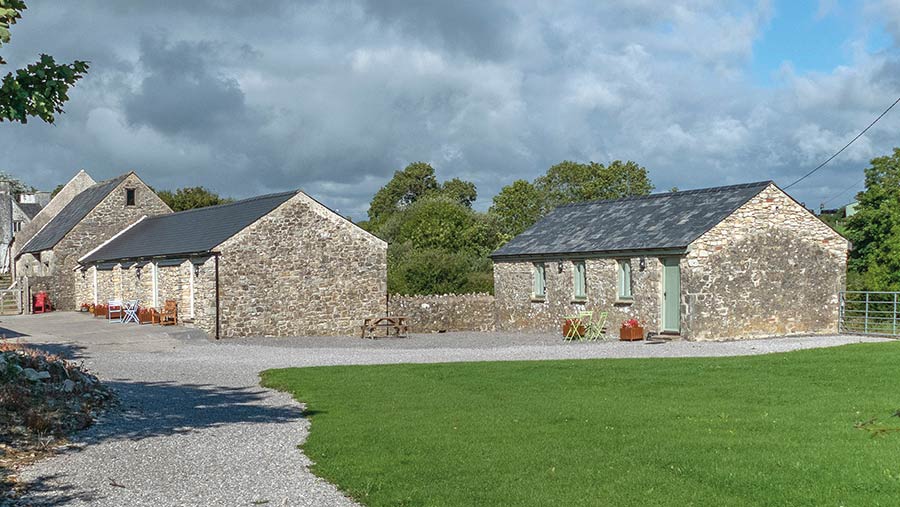Business Clinic: Does diversified farm business risk loss of tax reliefs?
 © David hughes/Adobe Stock
© David hughes/Adobe Stock Whether it’s a legal, tax, insurance, management or land issue, Farmers Weekly’s Business Clinic experts can help.
Joe Spencer, partner at MHA, offers advice on tax reliefs for diversification.
See also: Expert answers to FW readers’ questions in Business Clinic
Q: I am a working arable farmer and landowner, with diversified business interests (multiple holiday lets) in a partnership structure.
I am increasingly concerned about both the potential loss of agricultural property relief (APR) and whether my business will qualify for business property relief (BPR) as things currently stand.
What sort of actions can be taken to improve my chances of qualifying for relief?
A: APR will remove the agricultural value (not always the same as market value) of land farmed either in hand or in a share or contract farming agreement from a charge to inheritance tax (IHT) where certain conditions are met.
Where you farm the land in hand, BPR will apply (after APR) to relieve any additional value (above agricultural value) to make the market value completely exempt for IHT purposes.
As long as you are confident that BPR will apply, the loss of APR would not be too concerning in a situation where you are farming in hand, as long as your structure is correct.
We will therefore focus here on the application of BPR.
First, we need to understand who owns what. Are the farmland and investment assets owned by you personally or by the partnership?
A partnership agreement and clear accounts are crucial to understanding this as the tax treatment can be very different.
Securing APR is more important where your land sits outside of the partnership as BPR in such a case will be limited to just 50% of the market value.
Where investment assets as opposed to trading assets sit outside of the partnership, obtaining relief on them is very unlikely.
There may be reason to leave your assets outside of the business, but for the purpose of answering this question we will assume your assets are all within the partnership and you have a partnership agreement and accounts showing this.
Then the balance of your business must be considered.
Where a farming partnership includes investment income – for example, from the letting of holiday accommodation or commercial buildings – BPR can work to relieve assets that would otherwise be exposed to IHT.
However, if the the investment element outweighs the qualifying assets (the trading assets), this could result in a total loss of BPR across the whole partnership.
Case law states the balance between the types of asset should be assessed on:
- Market value of capital assets with and without debt
- Turnover
- Profit
- Time spent in different parts of the business by partners and employees.
Currently, the balance between trading and non-trading assets needs to be weighted towards trading, as the legislation dictates the business cannot be “wholly or mainly” dealing in investments.
We take this to be a requirement for the partnership to be at least 51% trading in nature on balance.
With falling land prices and inflated property prices over the past decade, there may have been an impact on many balance sheets resulting in a potential swing towards a non-trading bias.
Critically, this may prevent a claim for BPR.
Reviewing the “balance” needs to be undertaken regularly.
This is crucial before any major business decisions are taken regarding capital assets – for example, the sale of arable land for residential development – to make sure that balance will not be tipped in the wrong direction.
The answer to this would be a restructuring project following the sale so as not to leave the remaining business assets in jeopardy.
The following is also recommended:
- Operationally, the whole business to be run as one
- Report as one, though enterprise accounts to be used to measure performance
- Include both trading and investment assets in one over-arching strategy for the whole business.
HMRC can argue that an investment asset not required by the partnership for its business is an “excepted asset”, which would remove it from the IHT exemption. This is why the above considerations are crucial.
Do you have a question for the panel?
Outline your legal, tax, finance, insurance or farm management question in no more than 350 words and Farmers Weekly will put it to a member of the panel. Please give as much information as possible.
Email your question to FW-Businessclinic@markallengroup.com using the subject line “Business Clinic”.
